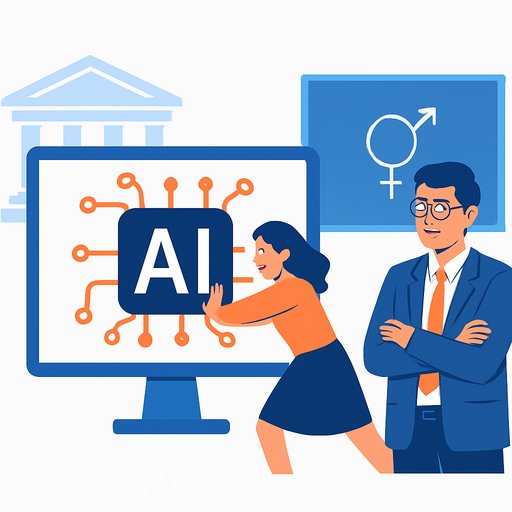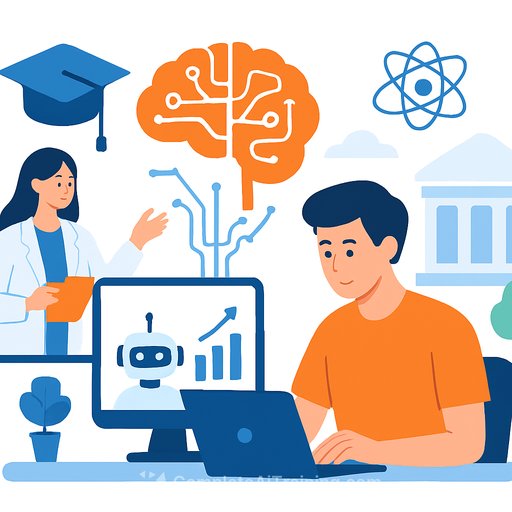Paramus BOE Approves AI Use Policy Focused on Learning, Safety, and Compliance
PARAMUS, NJ - The Paramus Board of Education has adopted a district-wide policy for artificial intelligence use in schools. The core aim is clear: AI cannot replace the act of learning. It can assist; it cannot do the work for students.
Photo Credit: Paramus Public Schools
What the Policy Establishes
The chief school administrator will create and oversee a District AI Team to guide implementation. Their mandate includes limiting or blocking data resharing, reducing bias where applicable, and verifying factual accuracy before AI-generated content is used.
The policy stresses safe, ethical use aligned with instructional goals, not shortcuts. Expect ongoing review as tools and classroom needs evolve.
Prohibited Uses
- Accessing, creating, or displaying harmful or inappropriate content: threatening, obscene, disruptive, sexually explicit, harassing, or disparaging.
- Sharing confidential information or personally identifiable information (PII) with AI tools about students, staff, or any individual.
- Using AI content to threaten, intimidate, harass, or ridicule any person.
- Disclosing PII such as name, address, email, phone number, Social Security number, or a person's physical or facial likeness, as well as any data that could reasonably identify an individual.
- Any use that violates FERPA or COPPA, or other applicable state and federal laws.
Compliance Anchors
Educators should align practice with federal privacy laws and local policy. Key references:
Improper use can trigger civil, administrative, or criminal action. The district will provide ongoing training to support staff adoption and classroom practice.
What This Means for Educators
- Keep learning at the center: Use AI for brainstorming, exemplars, scaffolds, and feedback-never to produce final student work.
- Protect privacy by default: Do not paste PII or sensitive class data into AI tools. Use anonymized prompts and district-approved platforms.
- Verify accuracy: Fact-check AI outputs and cite authoritative sources where needed. Treat AI content as draft material.
- Set classroom norms: Define permitted vs. prohibited AI uses by assignment. Add an "AI use" section to rubrics and syllabi.
- Document AI use: Note when AI generated or assisted content is used in materials you share with students or colleagues.
- Use approved tools: Rely on district-vetted applications with appropriate data controls and content filters.
District AI Team: How Implementation Will Work
- Data controls: Configure tools to limit or block data resharing and disable training on district inputs when possible.
- Bias checks: Review prompts and outputs for potential bias; audit high-stakes uses (grading support, content generation).
- Accuracy reviews: Require source verification for factual content; discourage unsupported claims and hallucinations.
- Professional learning: Provide practical PD, exemplars, and model lesson plans aligned to the policy.
Quick Start Checklist for Your School or Department
- Map where AI is used today (lesson planning, formative feedback, differentiation).
- Create assignment-level AI guidelines students can understand and follow.
- Adopt a simple "No PII in prompts" rule and model safe prompting in class.
- Choose two district-approved AI tools and standardize workflows around them.
- Add an AI disclosure line to project instructions and student submissions.
Training and Support
The Board will provide ongoing training for staff. If you're building skills ahead of district sessions, you can explore structured options aligned to job roles here: AI courses by job role.
Your membership also unlocks:






